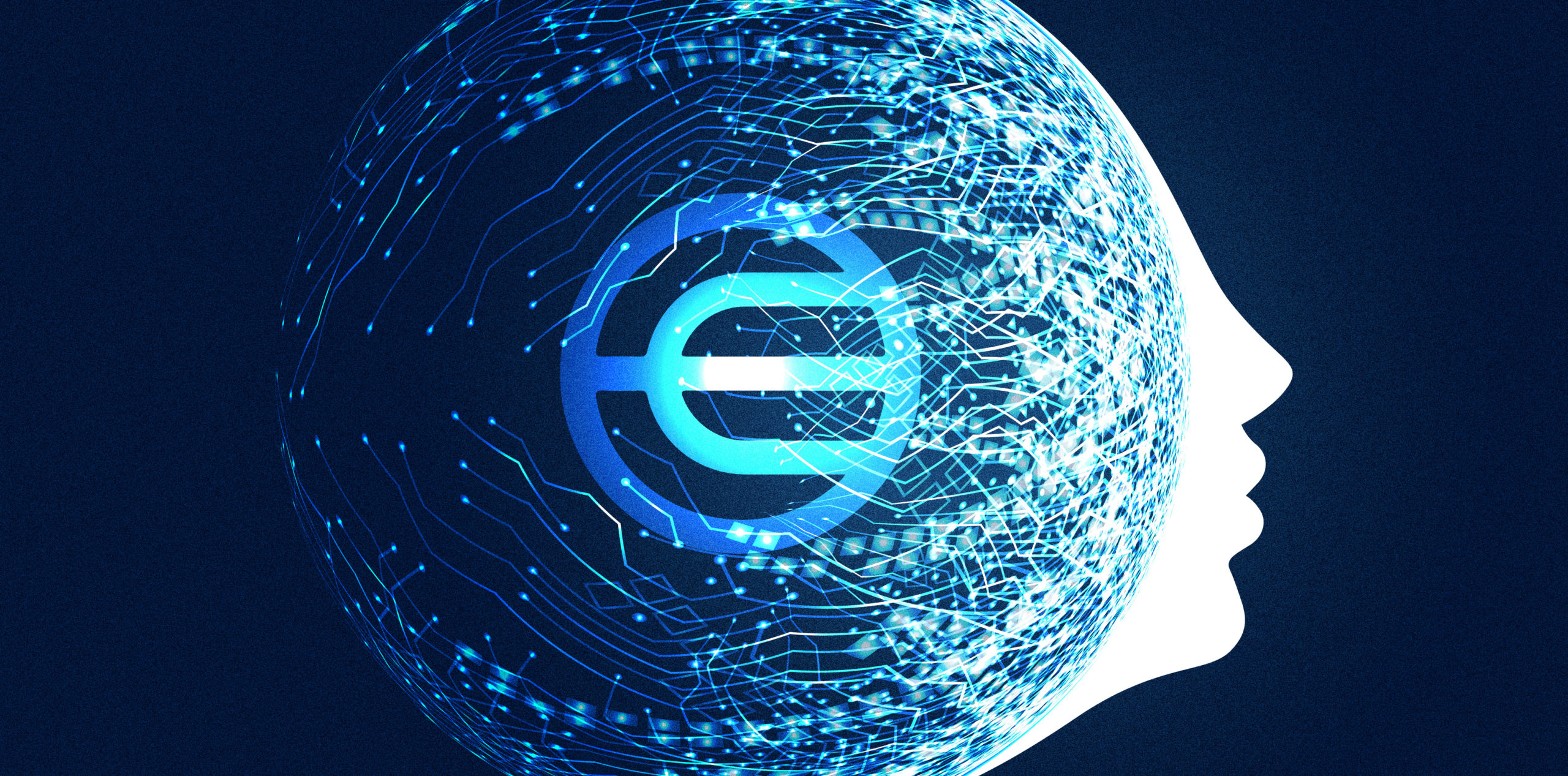Worldcoin, a controversial cryptocurrency project aiming to establish a global digital identity system, is undergoing a significant shift. The company is abandoning its previous data storage practices in favor of a novel approach – "Personal Custody." Under this new model, users will hold their own biometric data on their personal devices, a move intended to significantly enhance user privacy.
Previously, Worldcoin relied on iris-scanning devices called "Orbs" to collect and store user data. This data collection process raised eyebrows due to the sensitive nature of biometric information. Critics voiced concerns about potential security breaches and the implications of a centralized database holding such data.
Worldcoin acknowledges these concerns and emphasizes its commitment to user privacy in its announcement. The company states that the "Personal Custody" model empowers users by placing them in control of their own biometric data. This data, typically an iris code derived from an eye scan, will be securely stored on the user's device using robust encryption methods.
The transition to "Personal Custody" raises questions about user adoption and technical feasibility. Verifying a user's identity becomes more complex when the data resides on individual devices. Worldcoin remains confident, however, and assures users that the system will be secure and user-friendly. The company is actively developing new protocols that will enable secure verification even when the biometric data is not stored centrally.
While the technical specifics are still under development, Worldcoin believes "Personal Custody" represents a significant leap forward for user privacy in the digital identity landscape. The company maintains that its core mission of establishing a universal digital identity system based on human uniqueness remains unchanged. However, the new approach prioritizes user control and aims to alleviate privacy concerns that have plagued the project in the past.
The move towards "Personal Custody" is likely to be met with mixed reactions. Privacy advocates will undoubtedly welcome the shift, but questions regarding technical feasibility and potential security vulnerabilities remain. Only time will tell if Worldcoin's novel approach can effectively balance user privacy with the need for a secure and functional digital identity system.

